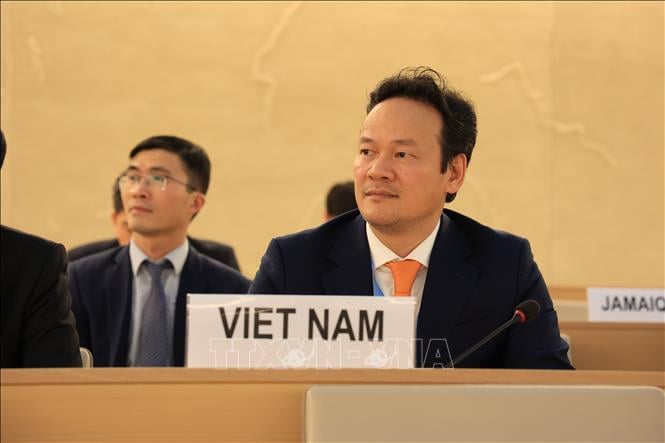
Outstanding results after nearly 5 consecutive weeks of meetings of the 60th Session include: (i) Statement and Decision of the President of the Human Rights Council, and 36 Resolutions adopted; (ii) 5 thematic discussions on unilateral coercive measures and human rights, anti-discrimination, violence and harmful practices against intersex people, youth and human rights, rights of indigenous people, mainstreaming gender equality in the work of the Human Rights Council; (iii) Organizing an emergency discussion on Israel's attack on Qatar; (iv) Discussion on 95 thematic reports; (v) Discussions and dialogues with 41 Special Procedures of the Human Rights Council and UN human rights mechanisms; (vi) Discussions and dialogues on the human rights situation in a number of countries; (vii) Completion of procedures for adopting the results of the Universal Periodic Review (UPR) cycle IV of 14 countries; (viii) Elect 7 members of the Advisory Committee of the Human Rights Council for the term 2025-2028; and (ix) Decide on the appointment of 1 staff member for the Special Procedures of the Human Rights Council.
The session had many notable developments, among which the most notable was the emergency discussion on September 16 on Israel's attack on Qatar. The discussion attracted the attention of many countries and international organizations, with the participation of UN High Commissioner for Human Rights Volker Turk. The High Commissioner condemned Israel's attack in Doha, saying that this was a serious violation of international law, an infringement on Qatar's sovereignty and a sabotage of international reconciliation efforts; called on the Human Rights Council and countries to speak out against it, demand accountability and promote a ceasefire, protect civilians and the Palestinian people's right to self-determination.
In his speech, Ambassador Mai Phan Dung, Head of the Vietnamese Delegation to the United Nations, the World Trade Organization and other international organizations in Geneva, condemned the use of force, violations of international law, the UN Charter, and the sovereignty and territorial integrity of countries; called on relevant parties to refrain from escalating tensions, resolve disagreements by peaceful means, and create a favorable environment for negotiating a complete ceasefire agreement.
At the session, Vietnam chaired the development and presentation of a joint statement on promoting the human right to vaccination, which was widely supported by countries, with 51 countries from all continents sponsoring it so far. The joint statement emphasized that vaccination is an essential part of the right to the highest standard of physical and mental health, a pillar of primary health care and universal health coverage (according to Sustainable Development Goal 3.8); vaccines continue to be one of the most successful and cost-effective health investments. The joint statement also warned of the resurgence of vaccine-preventable diseases (measles, whooping cough, diphtheria, polio risk) in the context of 25 million children each year not being fully vaccinated; at the same time, it called for enhanced international cooperation, multilateralism on vaccines, sustainable finance, knowledge-technology sharing, and equitable access so that no one is left behind.
During the course of the meeting, the Vietnamese delegation actively spoke at many meetings and discussions on many topics such as youth and human rights; the impact of climate change on human rights; clean water and sanitation; the rights of the elderly, etc. The Vietnamese delegation clearly stated Vietnam's policy on promoting and protecting the human rights of all people; shared the measures that Vietnam has taken to promote and protect the rights of vulnerable groups; affirmed the need to resolve political divisions and differences and promote cooperation and build trust through the spirit of dialogue and cooperation. Together with the countries of the Association of Southeast Asian Nations (ASEAN), the Vietnamese delegation also made a number of joint statements on ASEAN topics of common interest and sharing such as technical cooperation and capacity building, the Universal Periodic Review Mechanism (UPR), etc.
The Vietnamese delegation has proactively and actively participated in all activities of the Council, from bilateral and multilateral exchanges and consultations with delegations of other countries, to contributing to the content of documents, co-sponsoring many initiatives and joint statements in the spirit of dialogue, cooperation and mutual respect. These activities clearly demonstrate Vietnam's consistent viewpoints and policies in promoting and protecting human rights, while making practical contributions to maintaining the Council's activities in accordance with the principles of the UN Charter and international law.
Vietnam's active and responsible presence at this session also has special significance, as this is Vietnam's last session as a member of the Human Rights Council for the 2023-2025 term, affirming Vietnam's proactive, constructive and responsible role in global human rights issues. The successful completion of this term is an important foundation for Vietnam to continue to promote its prestige, creating favorable momentum for the campaign for re-election to the Human Rights Council for the 2026-2028 term, thereby continuing to actively and proactively contribute to the common work of the Human Rights Council in the spirit of "Respect and Understanding - Dialogue and Cooperation - All human rights, for all".
Source: https://baotintuc.vn/thoi-su/nen-tang-quan-trong-de-viet-nam-tai-ung-cu-hoi-dong-nhan-quyen-20251011085531469.htm


![[Photo] Opening of the World Cultural Festival in Hanoi](https://vphoto.vietnam.vn/thumb/1200x675/vietnam/resource/IMAGE/2025/10/10/1760113426728_ndo_br_lehoi-khaimac-jpg.webp)



![[Photo] General Secretary attends the parade to celebrate the 80th anniversary of the founding of the Korean Workers' Party](https://vphoto.vietnam.vn/thumb/1200x675/vietnam/resource/IMAGE/2025/10/11/1760150039564_vna-potal-tong-bi-thu-du-le-duyet-binh-ky-niem-80-nam-thanh-lap-dang-lao-dong-trieu-tien-8331994-jpg.webp)
![[Photo] Ho Chi Minh City is brilliant with flags and flowers on the eve of the 1st Party Congress, term 2025-2030](https://vphoto.vietnam.vn/thumb/1200x675/vietnam/resource/IMAGE/2025/10/10/1760102923219_ndo_br_thiet-ke-chua-co-ten-43-png.webp)


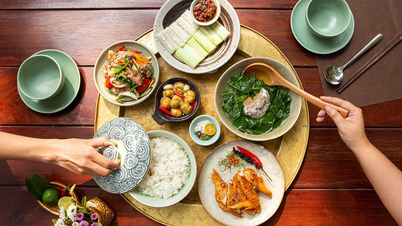

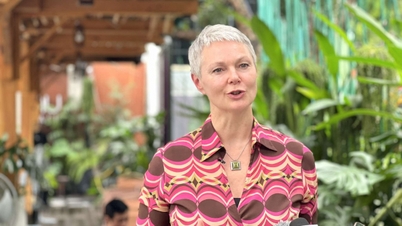

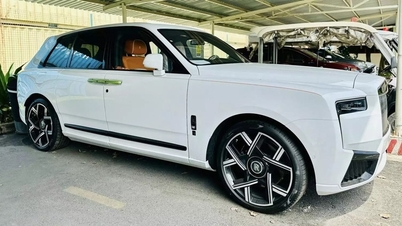





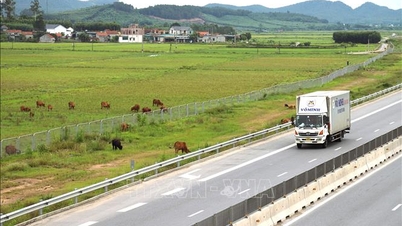
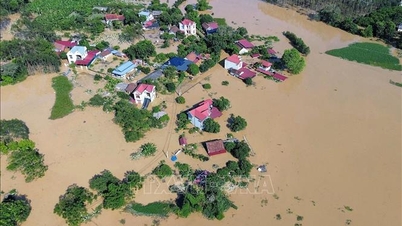
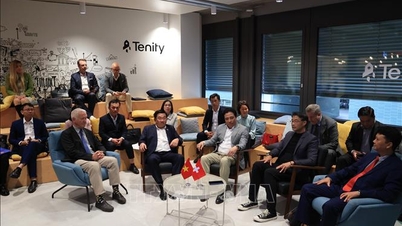
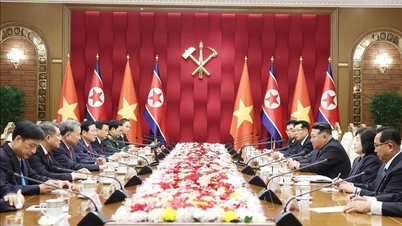
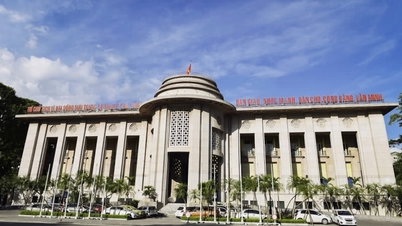
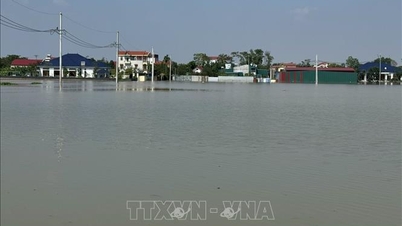







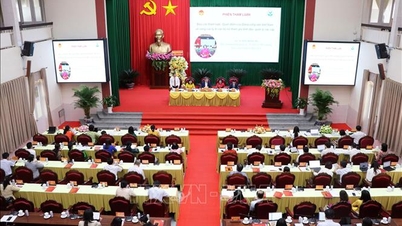
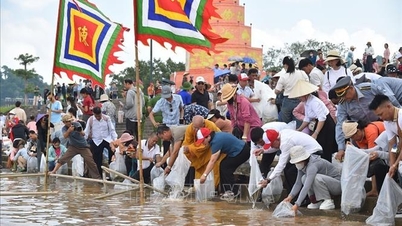
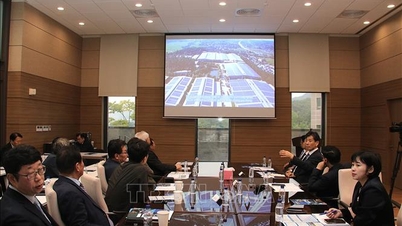































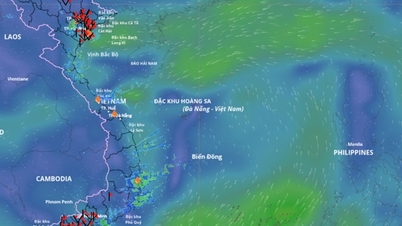




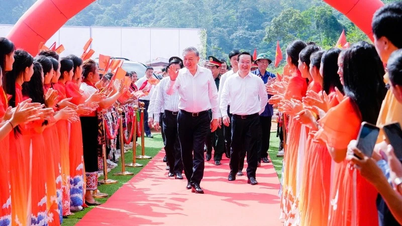




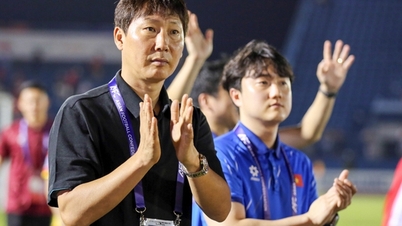

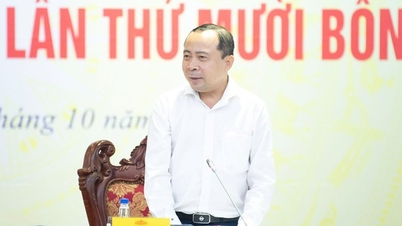


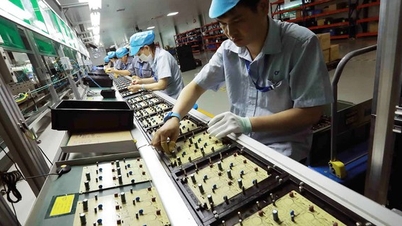
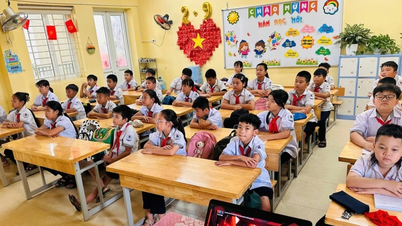


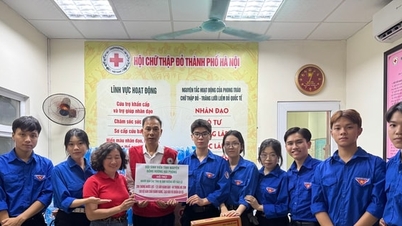


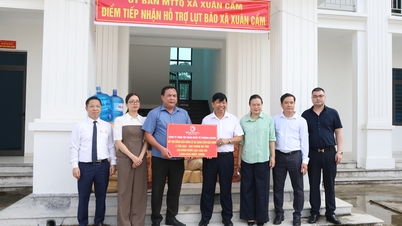

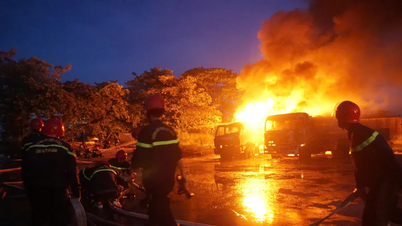









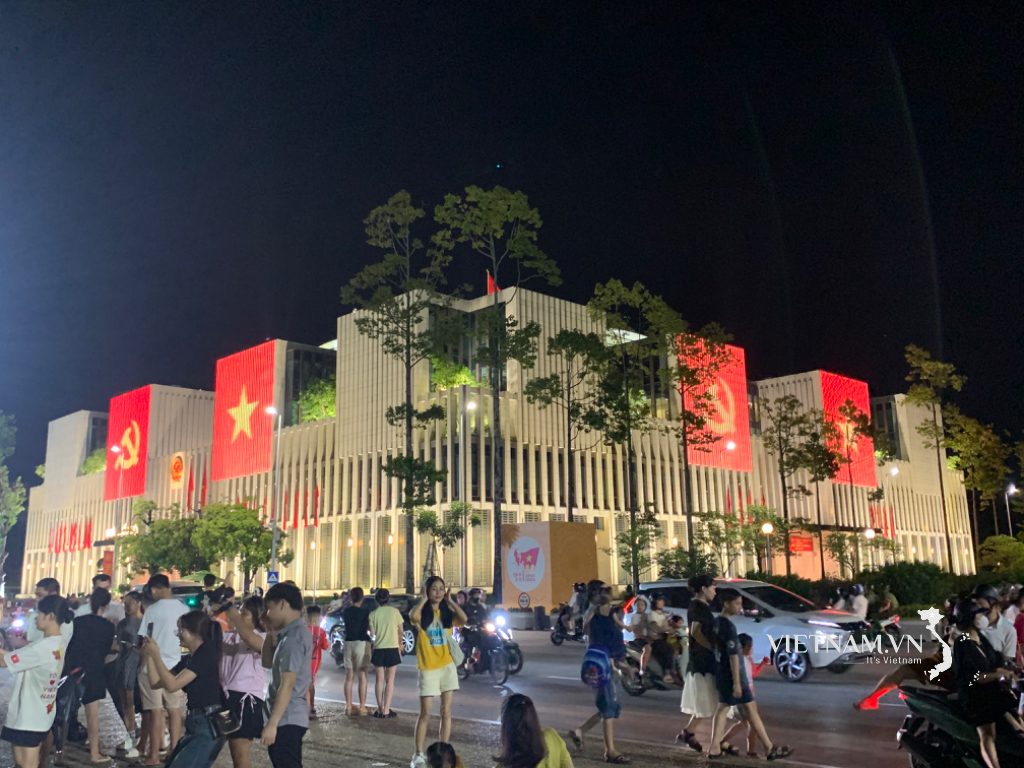
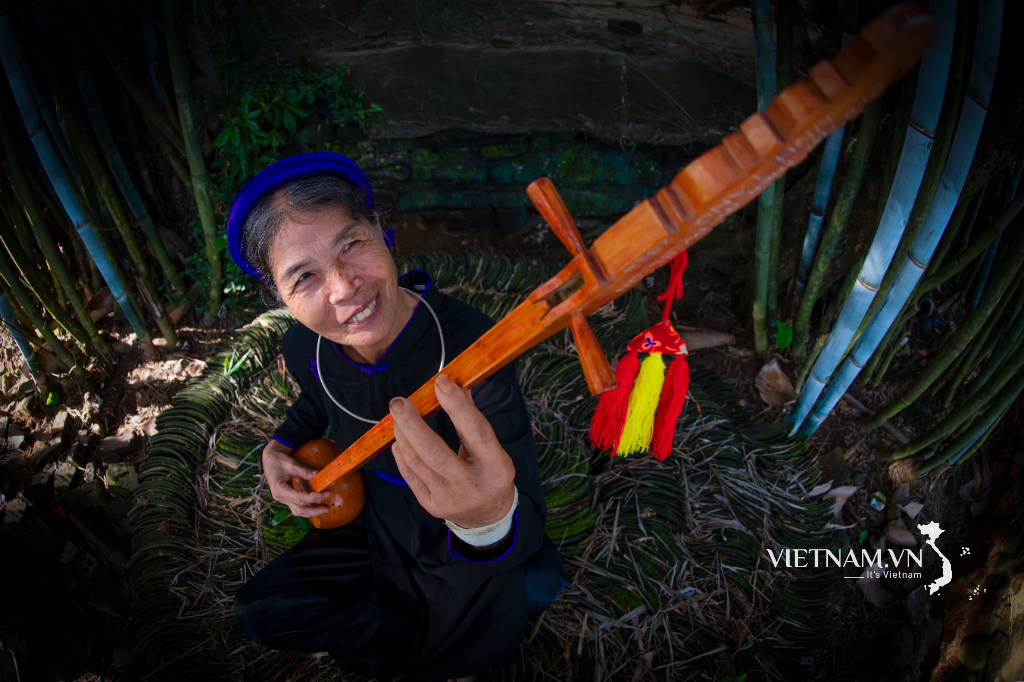


Comment (0)